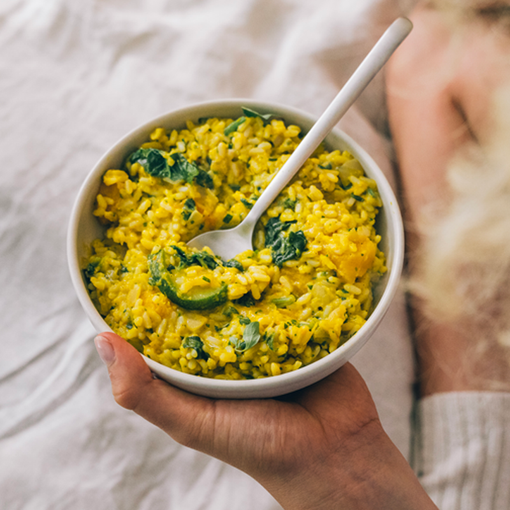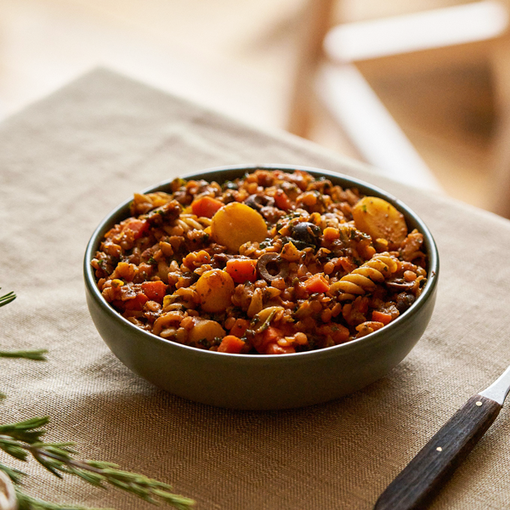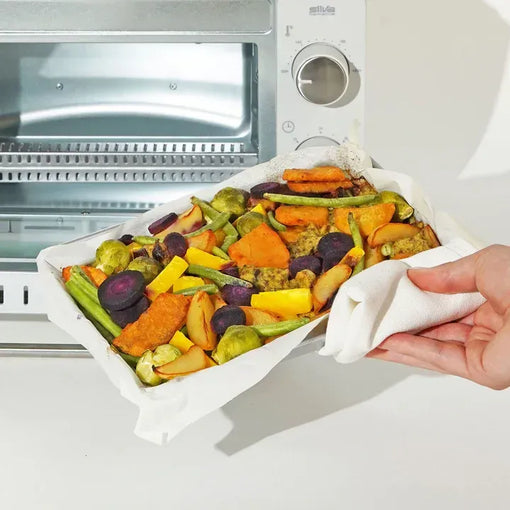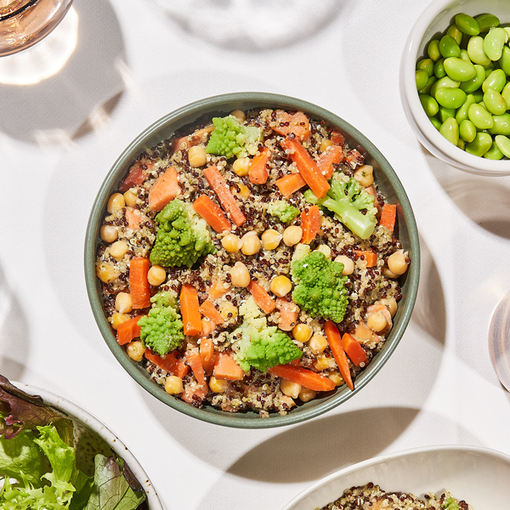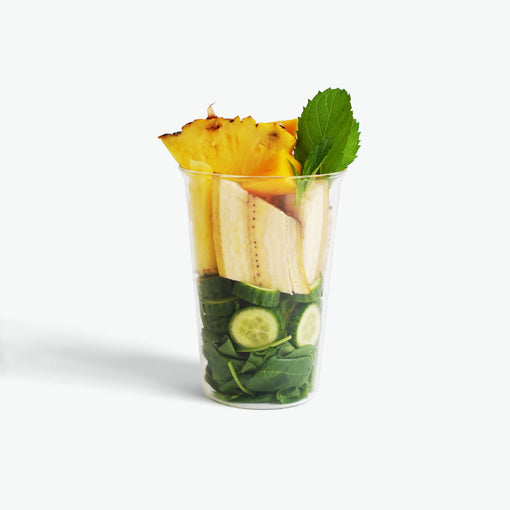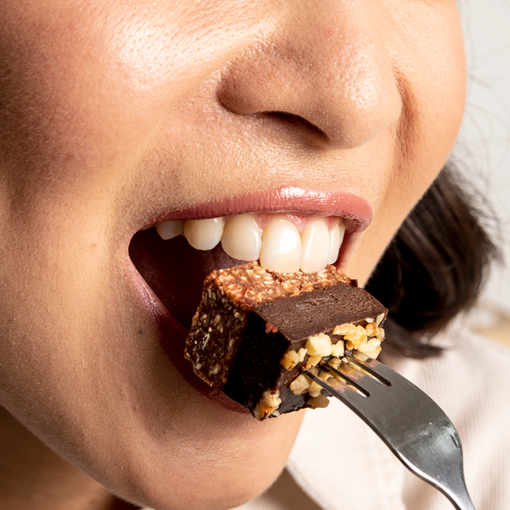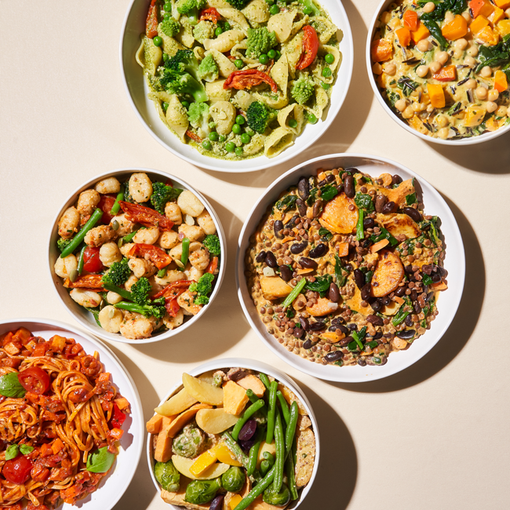Add {{ number }} more products to save {{ price }}
0
Add {{ number }} more products to save {{ price }}
noch 1 Produkt für gratis Versand (spare 5,99€)
Interview with Suse Leifer – The Power of Cabbage
We spoke to Suse who shed a spotlight on the nutritional excellence found in cabbage and kales. Read our interview to discover why it’s essential to increase your consumption of this very underrated vegetable group.

We spoke to Suse who shed a spotlight on the nutritional excellence found in cabbage and kales. Read our interview to discover why it’s essential to increase your consumption of this very underrated vegetable group. Anti-aging, gut health, and essential for healthy bones. Who knew how powerful these vegetables were?
"Kale is really the king amongst vegetables. This is one of the most underrated vegetables. Packed full of important nutrients and exceptionally nutritious. For example, 100g of kale contains more calcium than a full glass of milk. Quite a surprising fact, don’t you think?
Kale is also rich in essential vitamins and minerals. Vitamin A in the form of Beta Carotene is valuable for healthy skin. Retinol, which we know from the beauty and cosmetics industry, is also a derivative of Vitamin A, which facilitates cell regeneration and supplies powerful anti-aging properties and can support a healthy complexion.
Kale also possesses Vitamin K which is important for blood clotting and bone health. It’s packed full of Vitamin C and is truly a nutritional powerhouse among vegetables. Iron, Potassium and Magnesium are also found in Kale. The best news: it's also very low in fat. The fat it does contain is Alpha Linolenic acid: an omega 3 fatty acid which helps keep cholesterol levels low and can protect against cardiovascular disease.
Brussels sprouts and other types of cabbage are considered exceptionally nutritious because they all belong to the Cruciferous plants family. These are unique because they contain the plant compound sulforaphane. Studies have indicated that this possesses cancer-fighting properties and is invaluable for hormone balance and detoxification. When we have a hormone surplus in our system, for example during female menstruation, it can easily happen that we have an imbalance which can cause some unwanted side effects.
Cabbage and kales are an excellent support here, and help wash out excessive hormones and restore balance. Brussels sprouts are an example, as well as red cabbage, broccoli and other cabbages.
Brussels sprouts are rich in fiber which promotes good digestion. This is particularly useful to support healthy detoxification via our gut, and to ensure that harmful toxins are washed out quickly. Fiber binds to toxins and helps a swift and safe removal. The high amount of fiber therefore significantly contributes to good gut health. Vitamin K is also important here, which plays an important role in blood clotting and bone health. So women especially: eat your sprouts!
Different kinds of cabbage are also rich in Vitamin A and Beta Carotene which possess anti aging properties. Same with retinol, which we also know from the beauty industry. So you can technically save a lot of money, and supply your body with retinol from within by eating lots of cabbage.
The benefit of cabbages like sauerkraut is that it's also fermented. This means it contains important lactic acid bacteria, which support gut health. You can also supplement this in the form of probiotics, or just eat fermented cabbage.
With cabbages and kales it's incredibly important not to over heat them. Many nutrients like Vitamin C or B-Vitamins are very sensitive to heat. So if you overheat them during the cooking process, you risk losing all those important nutrients.
Diets:
It’s important to note that no diet is perfect. Each way of eating has its ups and downs, and there’s always something missing. Veganism was not suddenly the first diet that benefited from slight supplemental support. There are always gaps here and there that can be filled with external support if you really want to be completely and optimally nourished.
Our bodies can also withstand a lot. Most of the time, we don’t notice a nutrient deficiency until much later on. Nutrients in our bodies are supplied first and foremost to our vital organs. The first area where we can detect nutrient deficiency is in our skin, nails and hair. These are non essential for our survival, and therefore the first area where nutrient deficiency can be visible. So we tend to look worse with a deficiency before we feel worse.
This means we can still go about our daily tasks. Go to work, exercise, see friends and function normally. However, it can lead to fatal situations if this is underestimated. A nutrient deficiency may make itself visible 20 years down the line. If women for example don't consume enough calcium, it can lead to osteoporosis later in life. You felt fine for 20 years, but now your bones are brittle and perhaps even breaking. It's therefore important to have a long term perspective on your health. It's not just the here and now, but your choices today can have an impact on your health 20 years from now.
This is most obvious when it comes to our skin. We see this with smokers. Smoking robs you of your antioxidants which causes faster aging. So it can usually be fairly obvious, just based on complexion, who the smoker is and who isn't.
The same happens when we don’t consume enough antioxidants in our diet or overheat vegetables containing important nutrients. If you eat vegetables containing Vitamin-C, but overheat them, then your body is still going without even though you think you just ate something very nourishing.
Vitamin C is important for collagen building and is essential for anything to do with anti aging. If you don’t have enough of it, your skin won’t benefit from it (because it isn’t vital) and instead, it will go to building muscle or something more important. So: eat your veggies the right way!







